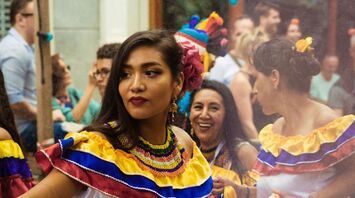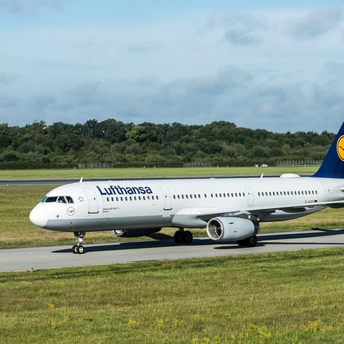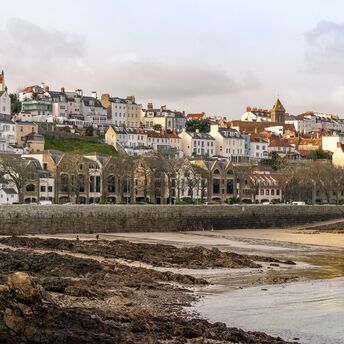Indigenous Tourism Programme Expands Travel Horizons in Latin America

A new tourism-focused initiative is underway in Latin America and the Caribbean, designed to promote the development of community-led Indigenous tourism projects. Organised by UN Tourism in collaboration with CAF – Development Bank of Latin America and the Caribbean – the Indigenous Tourism Challenge invites submissions until 15 June. The winning project will be announced on 9 August, aligning with the International Day of the World’s Indigenous Peoples, and will receive $10,000 in funding to support implementation.
The programme highlights four key themes: economic empowerment, cultural preservation, culinary heritage, and community innovation. Selected proposals must demonstrate a commitment to respecting traditional ways of life while creating sustainable tourism models. The initiative will seek to help Indigenous groups take the lead in their regional tourism economies whilst keeping alive the cultures, rituals and environmental knowledge for future generations.
This challenge could spell a rise in authentic travel experiences and cultural exchange. If more Indigenous communities are resourced and empowered to develop tourism products, people will engage in traditional ceremonies and be educated on ancestral practices to safely explore natural landscapes with locals. These experiences go beyond passive observation and invite genuine interaction.
The culinary aspect of the initiative could also introduce travellers to Indigenous cuisines that are rarely accessible through conventional tourism. From community-run food markets to traditional cooking classes, visitors may gain access to flavours and food practices that reflect regional biodiversity and historical continuity. These gastronomic experiences can enhance travel while supporting small-scale producers and reinforcing food heritage.
This initiative signals a shift in tourism, where travellers are encouraged to move beyond typical tourist destinations and connect meaningfully with Indigenous communities. For those seeking culturally rich, responsible travel, the programme opens new pathways that prioritise respect, learning, and shared benefit — making travel not only an exploration of place, but of perspective.



















